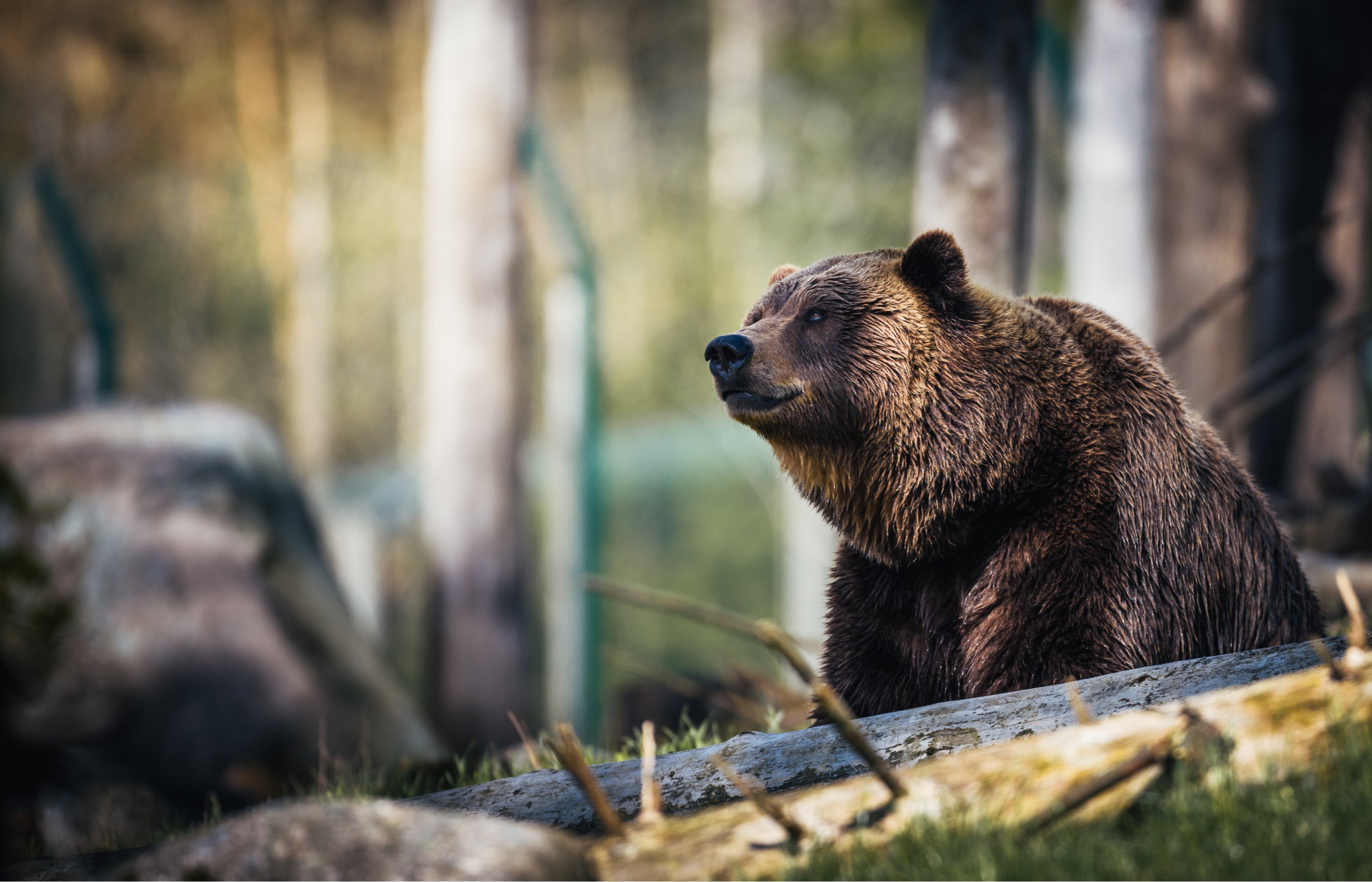There's nothing like the level of peace you gain from being miles away from anyone or anything, relying only on what's in your pack and in your head.
If you usually go hiking with a group, why not try a solo trip? There's a good chance you'll have a great time and benefit from the experience.
Benefits of backpacking alone
1. Freedom:
Having no one to coordinate with or deal with on the trail is incredibly liberating. In terms of time management, you have complete freedom to create and modify your ideal schedule.
2. Improve your self-awareness:
Going backpacking by yourself, you have to rely on your judgment and see how you really feel. This means that when you're free to pursue your own interests, you'll learn more about yourself and what you really want.
How to start your first solo backpacking?
1.Navigation and Route
The extra double-checking in a group setting is always necessary when confronted with multiple paths. When you're all by yourself, you don't have time to do that.
So make sure that all of your maps, whether they're on paper or on your phone, are up to date and accurate before setting out. I think a paper map and compass would be helpful in our discussion of redundancy.
The destination does not have to be new; it can be a place you've been before. Being on your own for the first time is sometimes nerve-wracking, so it's ideal to go to a familiar place.
PS: Keep at least one person informed on where you are and what you plans for the next coming days.
2.Be Prepared
a. Look up the Weather, the temperature and the climate. Determine in advance whether you need to pack a rain gear, a hat, extra tools for storing water, a pairs of grippy shoes, etc., based on the predicted weather at your destination.
b. Wildlife
You need to know what to do if a bear, snake, mountain lion, or other wild animal appears on the road and how to behave if one of these animals attacks you.

3.Absolutely Know Your Gear
It is crucial to run through a home test of your backpacking gear before a solo trip.
When you're on your own in the wilderness, your only reliable resource is yourself and your backpack. Make sure you have good equipment and that you know how to use it before you set out.
There's nothing worse than being in the middle of nowhere when you discover your tent has a hole or your stove isn't gassing out.
4.Bring Your Comfort Items
The hardest part of going alone is probably the loneliness you feel at night
To pass the time, bring a few novels, paint sets, or movies, or whatever else will help you relax and sleep.
But don't sleep with earplugs in; you need to be aware of your surroundings at all times.
Summary
When we go backpacking, it's almost inevitable that we'll have to pass through some unpleasant or dangerous environments. I believe that the mental and physical strength we develop by overcoming these challenges on our own is invaluable.
Start your first solo hike when you feel comfortable doing so.








